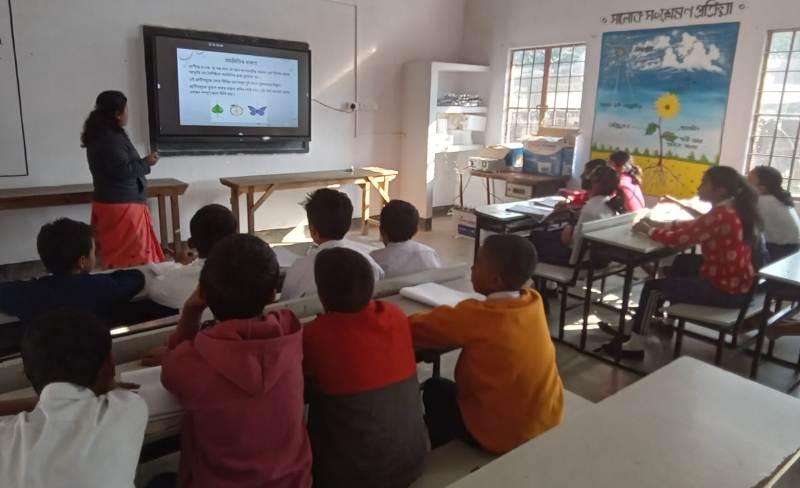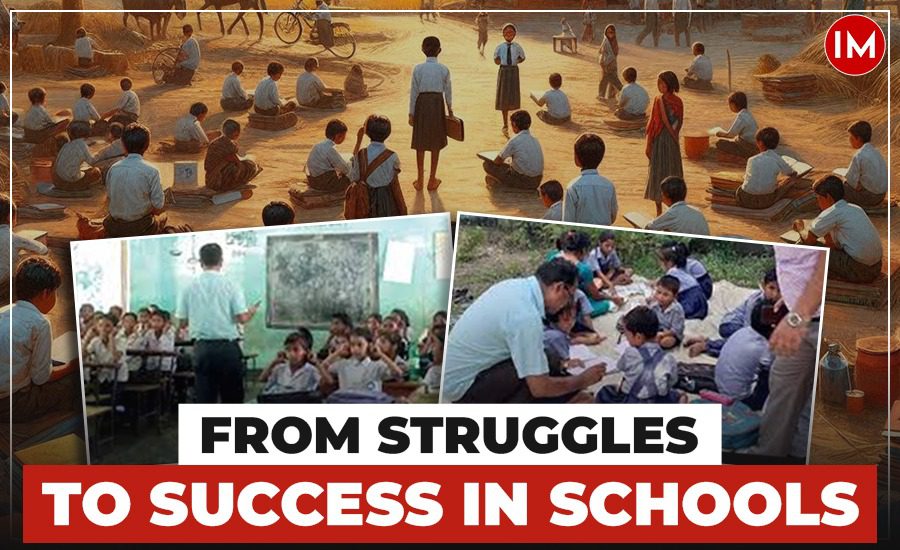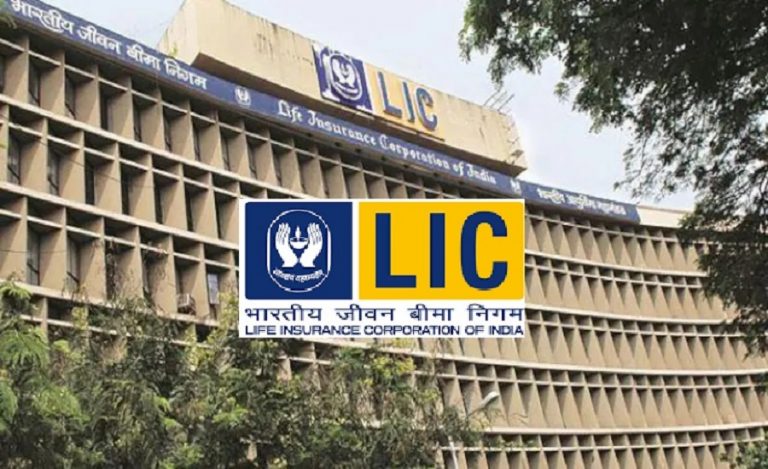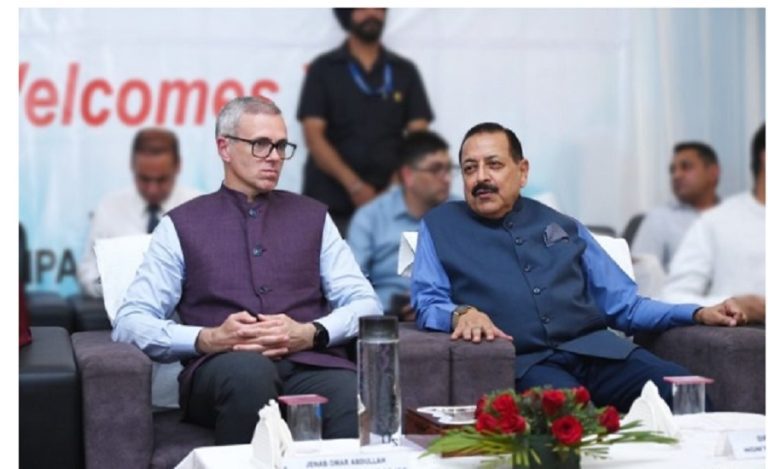In the scenic yet underdeveloped district of Darrang, Assam, the education system has faced significant challenges. Despite the natural beauty and cultural richness of the region, its educational outcomes have lagged. The Annual Status of Education Report (ASER) 2016 painted a stark picture: only 28.4% of children in classes V-VIII could read a Class II textbook.
Recognizing the urgency of improving education, Mr. Munindra Nath Ngatey, the District Magistrate of Darrang, initiated a groundbreaking program that brought hope to schools and students across the district.
A UNIQUE APPROACH: THE SCHOOL ADOPTION INITIATIVE
Under Mr. Ngatey’s leadership, the district administration of Darrang introduced the School Adoption Initiative, a program aimed at transforming the learning environment in the district’s schools. Rather than relying solely on government interventions, this initiative tapped into a valuable local resource: college teachers.
“The idea was to leverage the expertise and passion of college teachers to mentor schools and enhance learning outcomes,” said Mr. Ngatey. “We wanted to create a collaborative environment where teachers, students, and the community could work together for a brighter future.”
In response to the district administration’s call, 98 college teachers volunteered to become mentors for 98 schools across Darrang. These teachers were tasked with adopting one school each and designing support plans in collaboration with the school’s staff and management committee. The focus was primarily on Class VIII students, particularly in the areas of language and mathematics. The program was unique not only for its approach but also because it operated entirely voluntarily, without any external funding.

THE ROLE OF COLLEGE TEACHERS
College teachers, who were designated as mentors, visited their adopted schools regularly. Each college had a program coordinator to streamline activities, ensuring a cohesive approach across the district.
“Our goal was to provide support that went beyond just teaching. We wanted these mentors to identify gaps in the teaching-learning process and introduce innovative methodologies that would resonate with the students,” he told Indian Masterminds.
The college teachers introduced a variety of academic activities, resource materials, and new teaching methodologies tailored to the needs of the students. They worked closely with schoolteachers to provide on-site support, focusing on improving classroom engagement and conceptual clarity. The program coordinators submitted bi-monthly reports to the district administration, which reviewed the progress and provided additional support as needed.

GOALS OF THE INITIATIVE
The School Adoption Initiative was designed with clear and ambitious objectives:
– Enhancing Learning Outcomes: To impart comprehensive learning in line with specified learning outcome indicators.
– Identifying Gaps: To pinpoint shortcomings in current teaching and learning methods and address them effectively.
– Innovative Teaching: To introduce new communication and instructional techniques to make learning more engaging.
– Resource Sharing: To provide schools with a broader range of learning resources and strategies.
– Changing Perspectives: To reshape students’ attitudes toward education and inspire them to pursue higher studies.
“We aimed not just to improve academic performance but also to ignite a passion for learning and higher education among these students,” said Mr. Ngatey.
IMPACT: A TRANSFORMATION IN PROGRESS
The impact of the School Adoption Initiative has been nothing short of transformative. Since the program’s implementation, both teacher and student attendance rates have significantly improved. More importantly, there has been a marked improvement in learning outcomes and classroom participation.
“We have seen a visible change in the effectiveness of classroom teaching. Students are more engaged, and there is greater clarity in their understanding of complex concepts,” he shared with Indian Masterminds.
The community has also become more involved in school activities, fostering a sense of shared responsibility for education. Teachers have adapted their methods to meet the specific needs of their classrooms, leading to more effective learning experiences.
A MODEL FOR THE FUTURE
The success of the School Adoption Initiative in Darrang serves as a model for other regions facing similar educational challenges. By harnessing the power of local resources and fostering a spirit of collaboration, Mr. Ngatey and his team have demonstrated that meaningful change is possible.
“Education is the cornerstone of development,” Ngatey remarked. “Through this initiative, we have shown that when a community comes together with a shared vision, we can overcome even the most daunting challenges.”
The initiative continues to thrive, setting a new standard for educational interventions in rural India. As Darrang progresses on its educational journey, the students who once struggled to read a Class II textbook are now on their way to becoming confident learners, ready to explore new horizons.

































